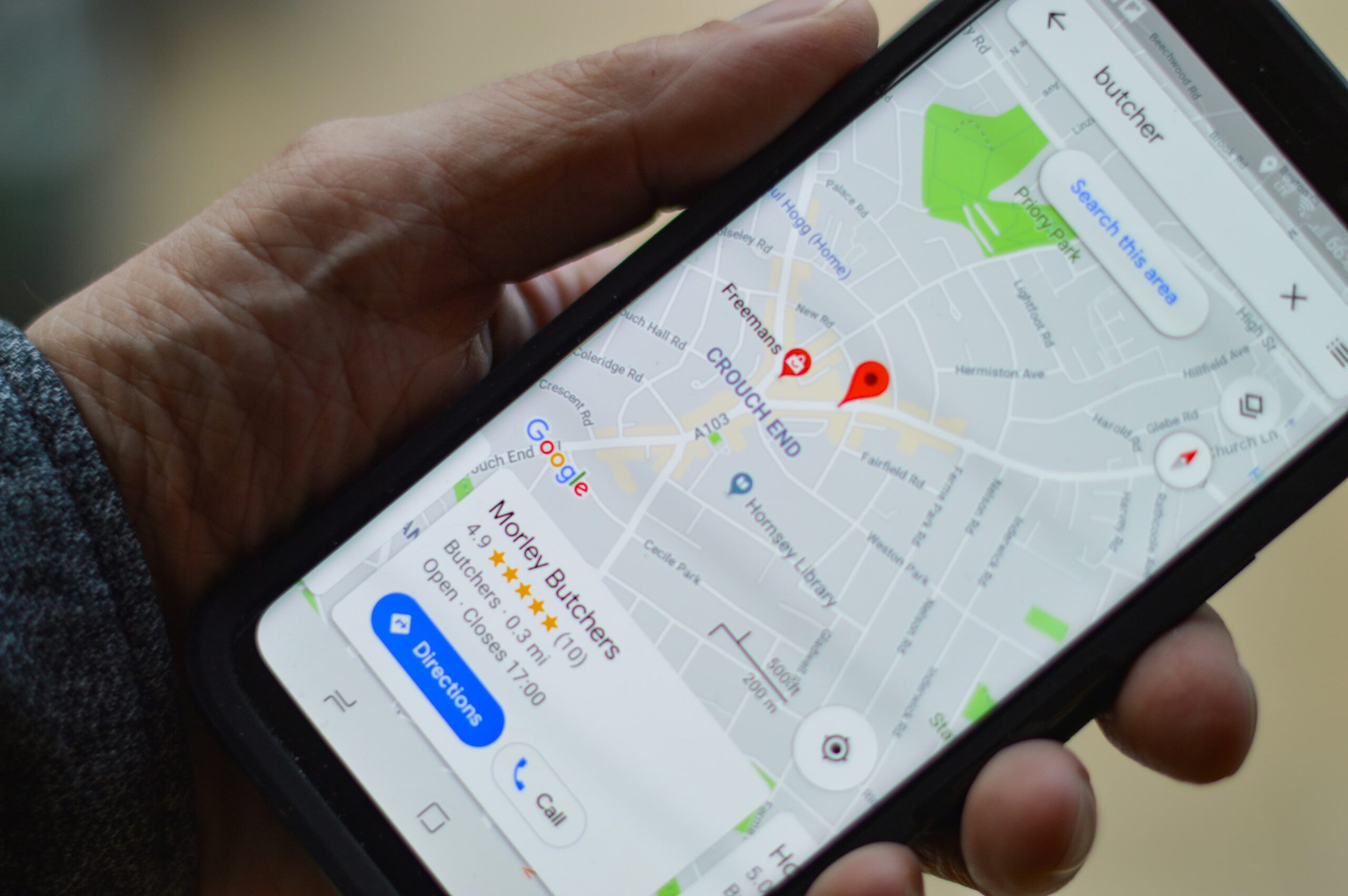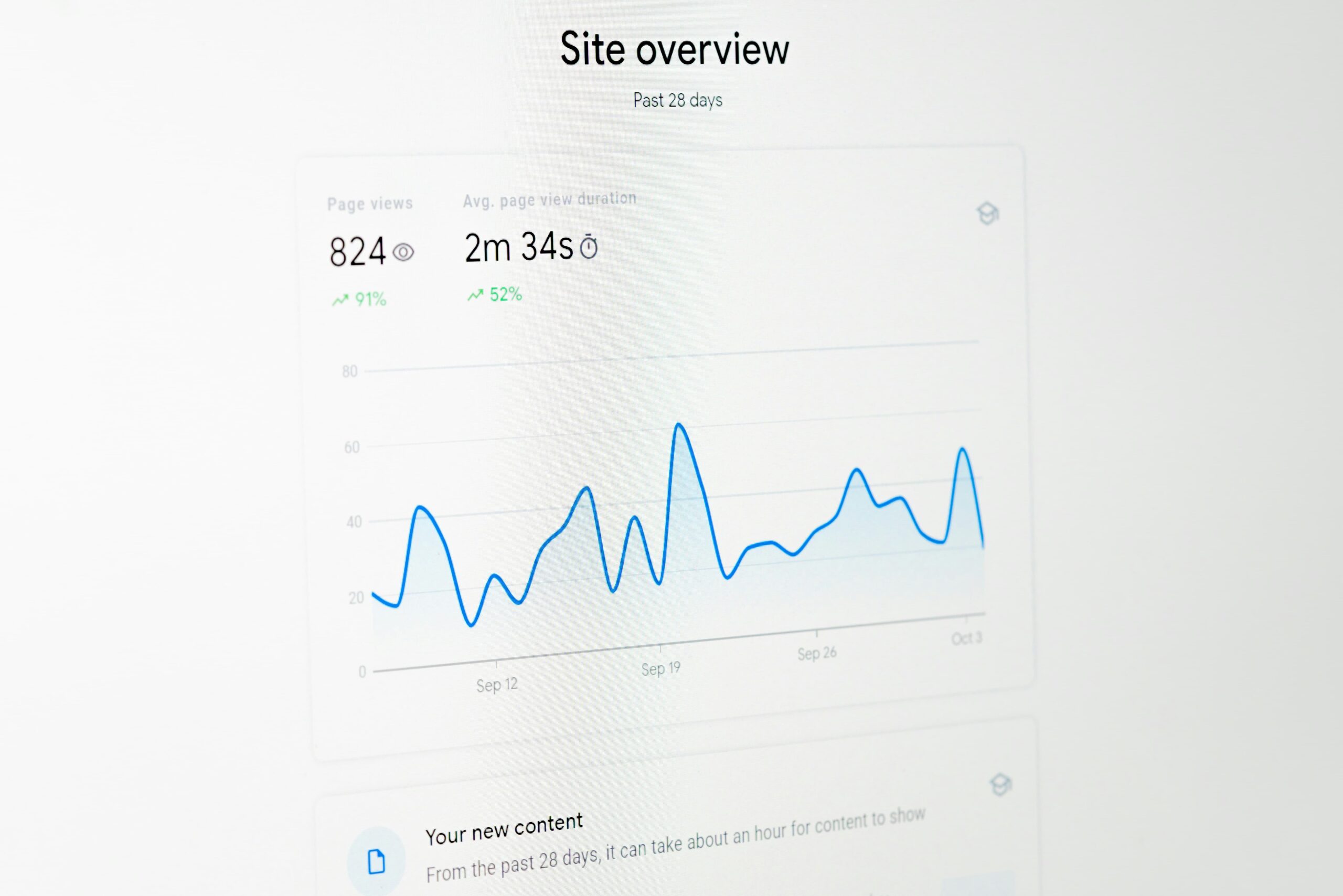Table of Contents
If you run a local business, there’s a strong chance your next customer is already looking for your services online—most likely from their smartphone. Whether they’re typing “accountant near me” or “best café in Suffolk,” search engines have become the go-to tool for finding local goods and services. And when a potential customer is ready to buy, you want to be front and centre.
That’s where local SEO comes in. Designed to increase your visibility in area-specific searches, local SEO can literally put your business on the map—helping people discover you through tools like Google Maps, local business directories, and nearby search results.
So how do you make your business stand out? What are local SEO best practices? Here’s a guide to the fundamentals that can help you improve your local presence and attract more nearby customers.
What Is Local SEO?
Local SEO (Search Engine Optimisation) is all about increasing your business’s visibility to people searching in your area. When someone searches for a product or service near them, search engines prioritise local results—and with the right strategy, your business can be one of them.
Unlike general SEO, which targets a wider audience, local SEO is tailored to drive footfall and enquiries from people in your immediate area. Whether you run a shop, café, consultancy, or trade service, strong local SEO ensures that your business shows up when it matters most—when customers are nearby and ready to act.
Local SEO Best Practices
1. Optimise Your Google Business Profile
Your Google Business Profile is one of the most powerful (and free) tools for local visibility. It’s often the first thing people see when they search for your business or a service you offer.
Here’s how to make it shine:
- Ensure accuracy: Double-check your business name, address, phone number, website URL, and category.
- Keep hours current: Especially important around holidays or seasonal changes.
- Add photos: Show off your shopfront, team, or products to give people a feel for your business.
- Respond to reviews: Thank happy customers and address concerns politely. This builds trust and signals that you value feedback.
Tip: Avoid fake reviews or incentivising positive ones. Google penalises this and may even suspend your profile.

2. Maintain Consistency Across Online Directories
Your presence on other online directories—like Yell, Bing Places, or Apple Maps—also influences local SEO. But inconsistencies can hurt you.
Make sure your NAP (Name, Address, Phone Number) is:
- Consistent across every platform.
- Formatted the same way each time.
- Regularly reviewed and updated if your details change.
Even small differences can confuse search engines and impact your rankings. Tools like SEMRush can help you run audits and keep listings aligned.
3. Earn Local Links and Mentions
Search engines want to know you’re a trusted part of your community. One way they gauge this is by looking at the websites that link to yours.
Here’s how to build local authority:
- Get listed in your town’s business directory.
- Collaborate with nearby businesses for cross-promotions or guest blogs.
- Sponsor or participate in local events to gain media mentions.
- Reach out to your local press with a story or community initiative.
These backlinks signal credibility and strengthen your online footprint—while also building real-world relationships.
4. Optimise Your Website for Local Search
Your own website should clearly communicate who you are, what you do, and where you operate. That means:
- Including your location(s) in page titles, meta descriptions, and website copy.
- Creating dedicated pages for each town or service area if you cover multiple locations.
- Embedding a Google Map on your contact page to boost visibility and usability.
- Making sure your website is mobile-friendly—since most local searches are made on phones.
Local keywords like “plumber in Colchester” or “wedding florist in Suffolk” can go a long way in helping search engines connect the dots.
5. Treat Local SEO as an Ongoing Effort
Unlike a one-time campaign, local SEO is a continuous process. Here’s how to stay on top of it:
- Regularly review your Google Business Profile Insights to see how people are finding you.
- Monitor and respond to new reviews.
- Keep all your online information up to date.
- Track your website’s search performance using tools like Google Search Console.
A little regular upkeep can lead to big results—and keep you ahead of local competitors who neglect these updates.

Partner With A Local SEO Specialist
Local SEO isn’t just for big-city businesses or digital natives. It’s for every local shop, café, trade, or service that wants to stay visible, stay relevant, and stay connected to their community. If you’d like expert support, our local SEO specialists are here to help. Get in touch with our team to start making your business easier to find—right when it matters most.
